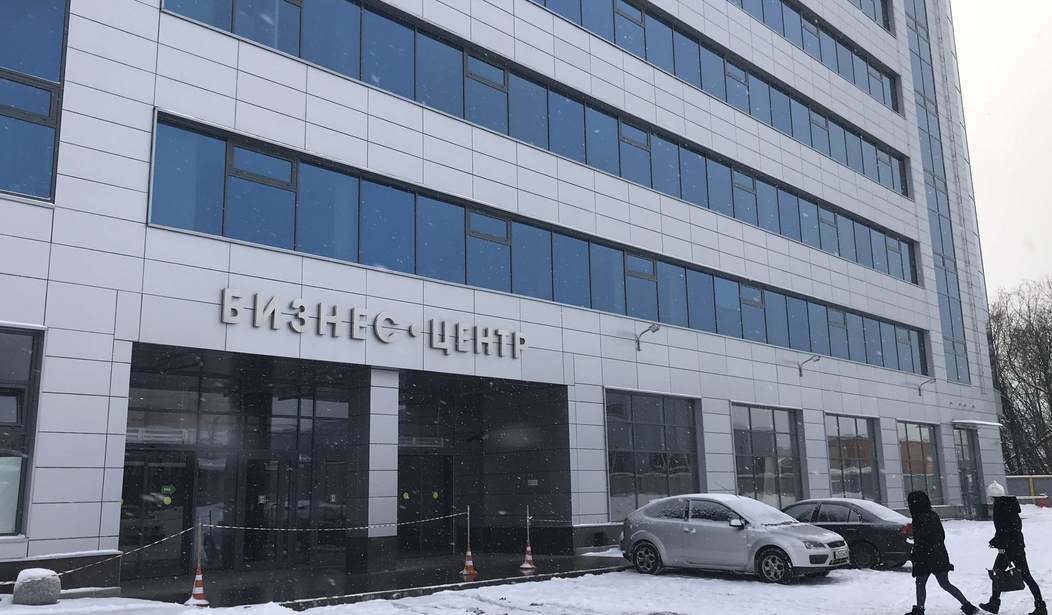WASHINGTON — The Trump administration today sanctioned 19 individuals and entities, some previously sanctioned by the last administration, under a congressional sanctions law overwhelmingly approved last summer to hit Russia, Iran and North Korea for their destabilizing global operations.
The Treasury Department said the new sanctions action “counters Russia’s continuing destabilizing activities, ranging from interference in the 2016 U.S. election to conducting destructive cyber-attacks, including the NotPetya attack, a cyber-attack attributed to the Russian military.”
“Since at least March 2016, Russian government cyber actors have also targeted U.S. government entities and multiple U.S. critical infrastructure sectors, including the energy, nuclear, commercial facilities, water, aviation, and critical manufacturing sectors,” continues the department.
The sanctioned entities are all tied to the Internet Research Agency, center of special counsel Robert Mueller’s case against 13 indicted Russians, including the group’s funder Yevgeniy Viktorovich Prigozhin.
Senate Minority Leader Chuck Schumer (D-N.Y.) said that “the fact that the administration has issued sanctions against individuals and entities indicted by Special Counsel Mueller proves that his investigation is not a ‘witch hunt’ as the president and his allies have claimed.”
“It’s more clear than ever that the president must not interfere with the special counsel’s investigation in any way,” he added.
Treasury Secretary Steve Mnuchin said in a statement that the administration “is confronting and countering malign Russian cyber activity, including their attempted interference in U.S. elections, destructive cyber-attacks, and intrusions targeting critical infrastructure.”
“These targeted sanctions are a part of a broader effort to address the ongoing nefarious attacks emanating from Russia,” Mnuchin said. “Treasury intends to impose additional [Countering America’s Adversaries Through Sanctions Act] sanctions, informed by our intelligence community, to hold Russian government officials and oligarchs accountable for their destabilizing activities by severing their access to the U.S. financial system.”
Sen. Marco Rubio (R-Fla.) stressed that “interference in our elections and active measures to sow divisions and chaos inside our country must be met with swift and severe consequences,” and “we need to do more.”
“Congress should pass our bipartisan DETER Act to make clear that severe sanctions await any country that chooses to do what Putin did in 2016 and continues to do now,” he added.
The Defending Elections from Threats by Establishing Redlines Act requires that the Office of the Director of National Intelligence let Congress know whether any foreign government has interfered in an election within one month. If the Kremlin interferes with another election, severe sanctions on Russian finance, energy, defense, and metals and mining sectors would be triggered within 10 days of the ODNI’s determination.
Sen. Bob Menendez (D-N.J.) noted today that the Russian government “continues to aggressively attack democratic institutions and incite destabilizing behavior; its brazen chemical weapons strike on British soil is the latest example of what will happen if there are no serious consequences for the Kremlin’s actions.”
“I expect to see additional sanctions in short order against specific Russian entities responsible for undermining our democracy, including those like Glavset which was recently indicted by Special Counsel Robert Mueller,” he said. “The longer we wait, we know the Russian government will continue to shift resources to other propaganda factories that spew disinformation and lies. I look forward to a full briefing from the administration on its next set of targets.”









Join the conversation as a VIP Member